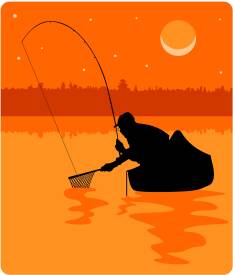Author and philosopher Rebecca Goldstein discusses her latest work, *36 Arguments for the Existence of God: A Work of Fiction*, which is perhaps best described as a hybrid. It is indeed a novel, with its share of psychology, mathematics, and academic politics, but it concludes with an appendix outlining these 36 arguments, as well as their rebuttals, in the language not of fiction, but of philosophy. So, as in many of Goldstein’s earlier novels, this one manages to fold ideas into art. Rebecca Goldstein received her doctorate in philosophy from Princeton, and went on to teach philosophy before trying her pen at fiction. Her first novel, *The Mind-Body Problem*, was a critical success, and she went on to write five other novels, including *Properties of Light*, *Mazel*, and *The Dark Sister*. She has also written non-fiction studies of the mathematician Kurt Godel, and the philosopher Baruch Spinoza. ThoughtCast speaks with Goldstein in her home in the Leather District, in downtown Boston.
